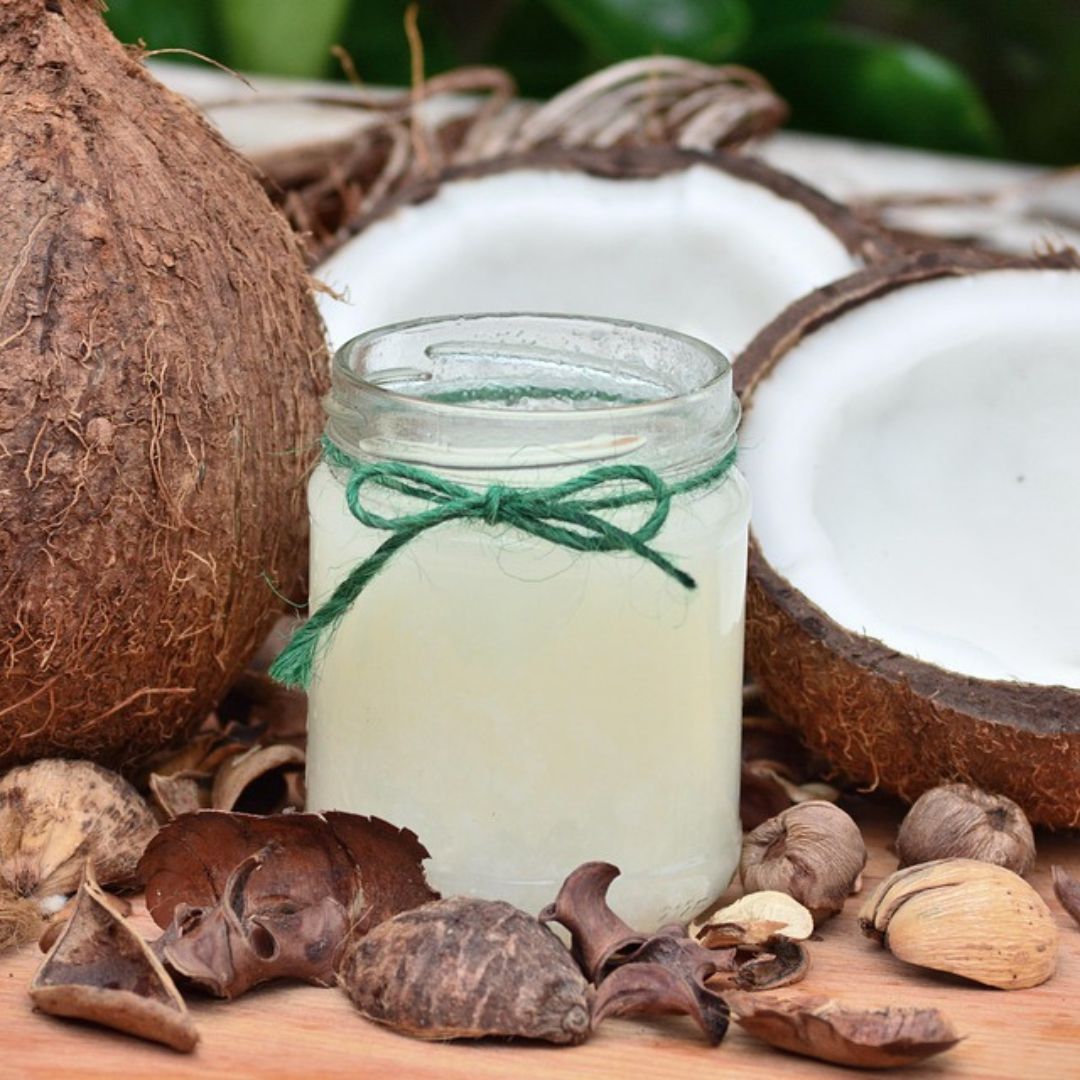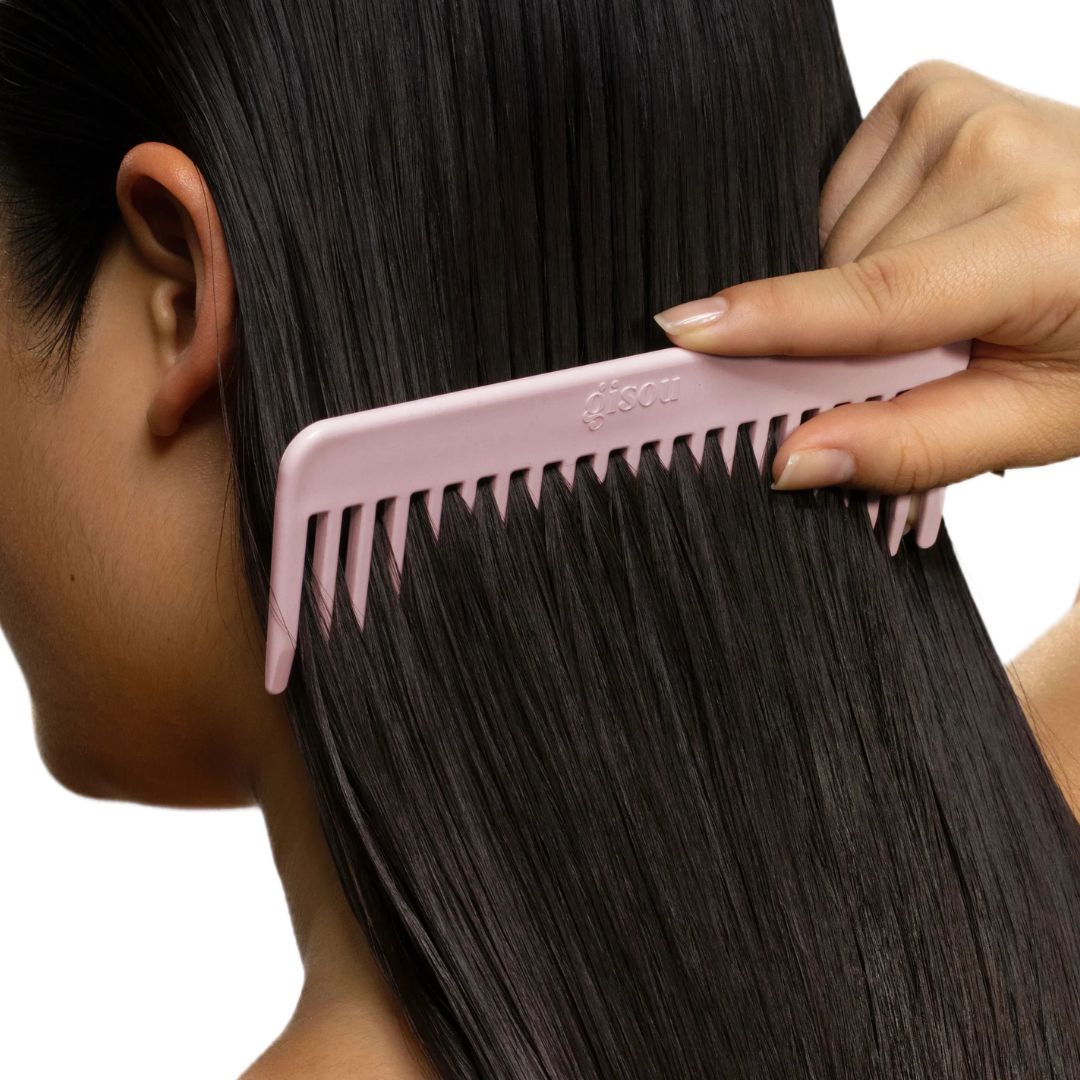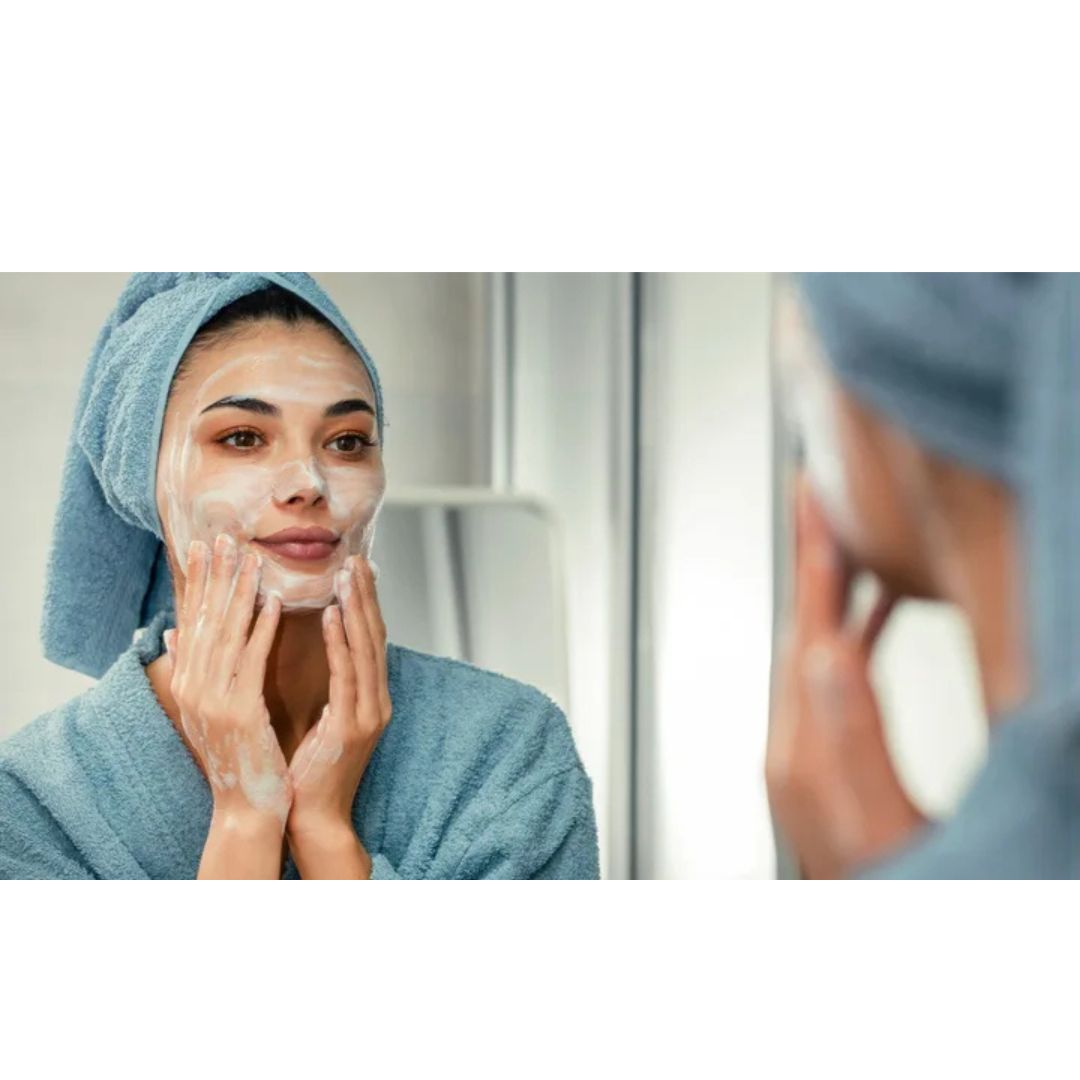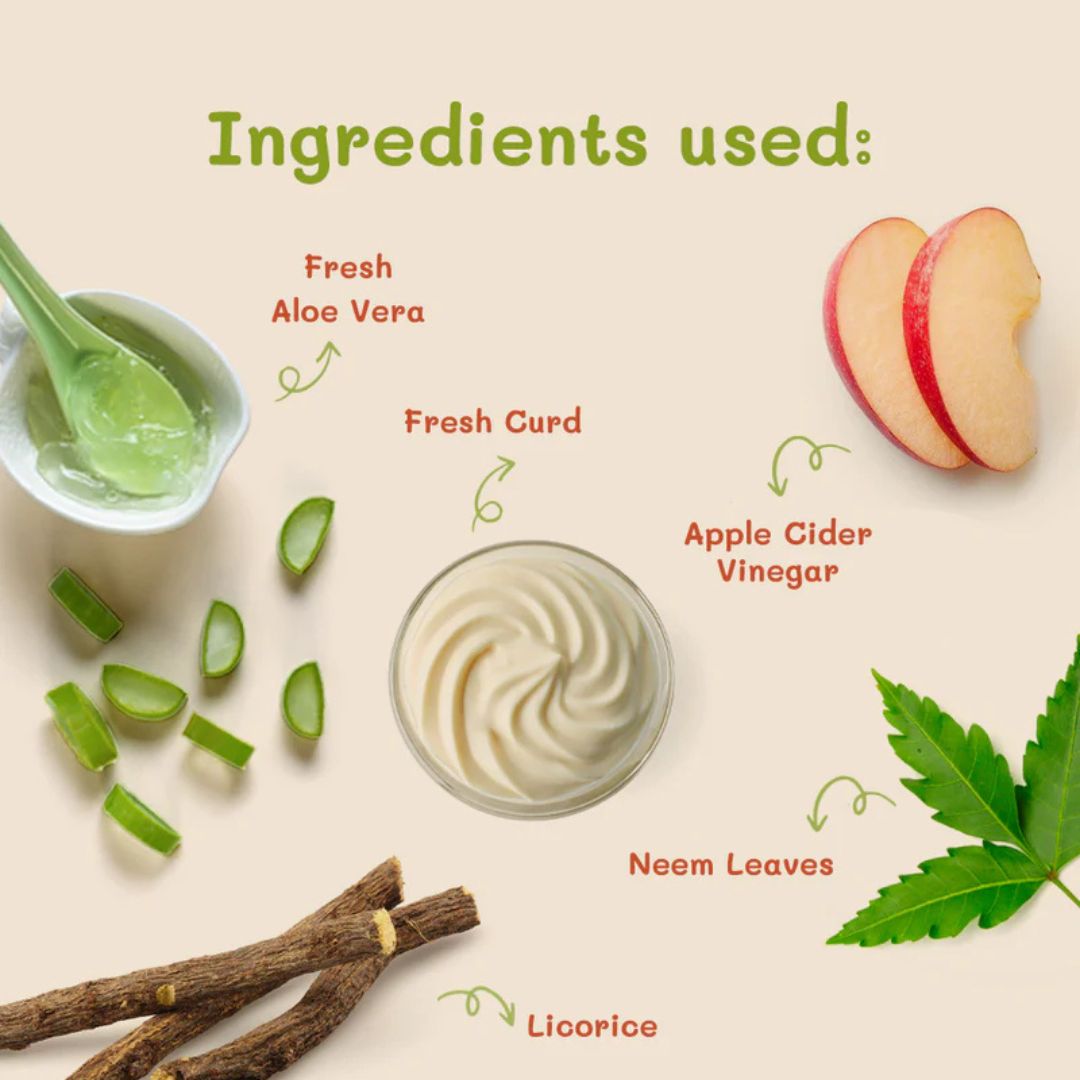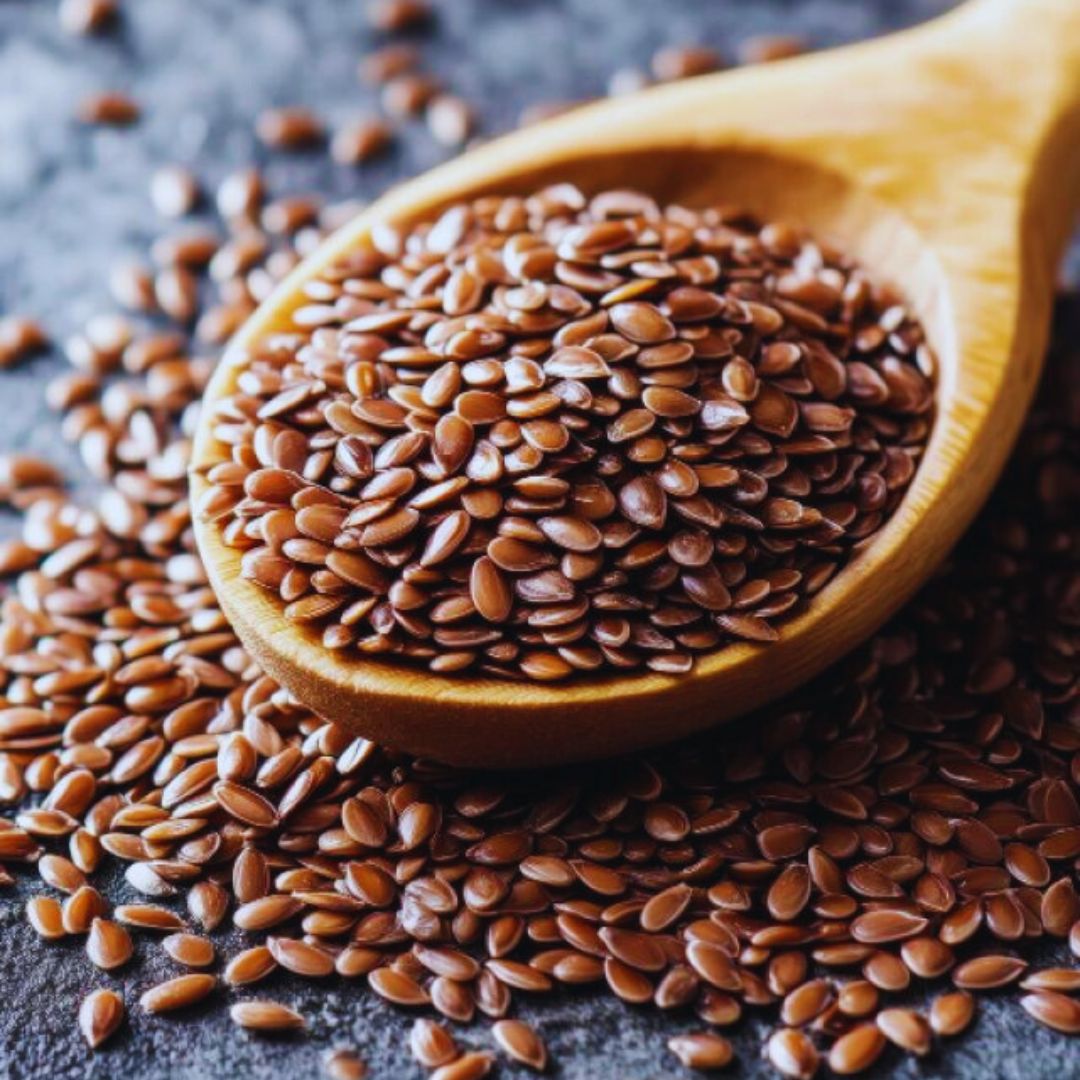Shop
Understanding Hair Loss (Best Treatment For Hair)
- Common Causes of Hair Loss
. Genetics (Androgenetic Alopecia):Male/Female pattern baldness.
. Hormonal Imbalance: Due to pcos, thyroid issues, menopause, pregnancy.
. Nutritional Deficiency: Lack of protein, iron, biotin, zinc, vitamin D.
. Stress (Telogen Effluvium): Sudden hair shedding post stress/illness.
. Medical Conditions: Alopecia areata, scalp infections (like ringworm)
. Medications & Treatments: Chemotherapy, antidepressants, steroids.
. Hair Styling Habits: Excessive use of heat, tight hairstyles, harsh chemicals.
. Ageing: Natural hair thinning over time.
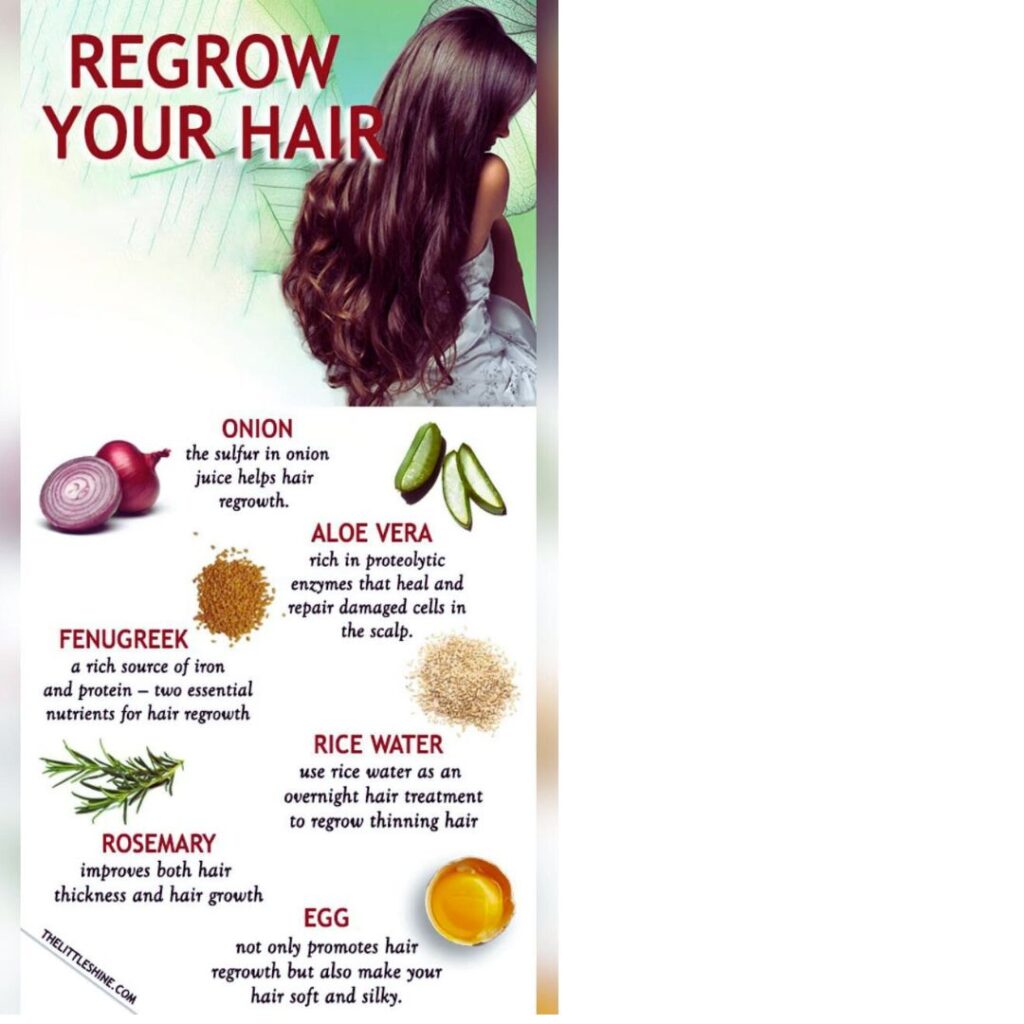
Hair Loss Treatments (Best Treatment For Hair)
- Medical Treatments
. Minoxidil (Rogaine): Over-the-counter topical medication. promotes hair regrowth.
. Finasteride (Propecia): Prescription oral medication. promotes hair regrowth.
. Corticosteroids: For autoimmune hair loss like alopecia areata.
. Platelet-Rich Plasma (PRP): Injections of your own plasma into scalp to stimulate follicles.
. Hair Transplant Surgery: Follicular unit transplantation (FUT) or extraction (FUE).
. Low-Level Laser Therapy (LLLT): Devices likes laser caps or combs stimulate growth.
2. Natural & Home Remedies
. Coconut Oil: Nourishes scalp, reduces protein loss.
. Onion Juice: Rich in sulfur, may boost circulation and regrowth.
. Aloe vera: Soothes scalp and conditions hair.
. Rosemary Oil: Proven to be as effective as minoxidil in some cases.
. Fenugreek Seeds: Packed with nutrients; soak and apply as a mask.
. Green Tea Rinse: Contains antioxidants that may stimulate follicles.
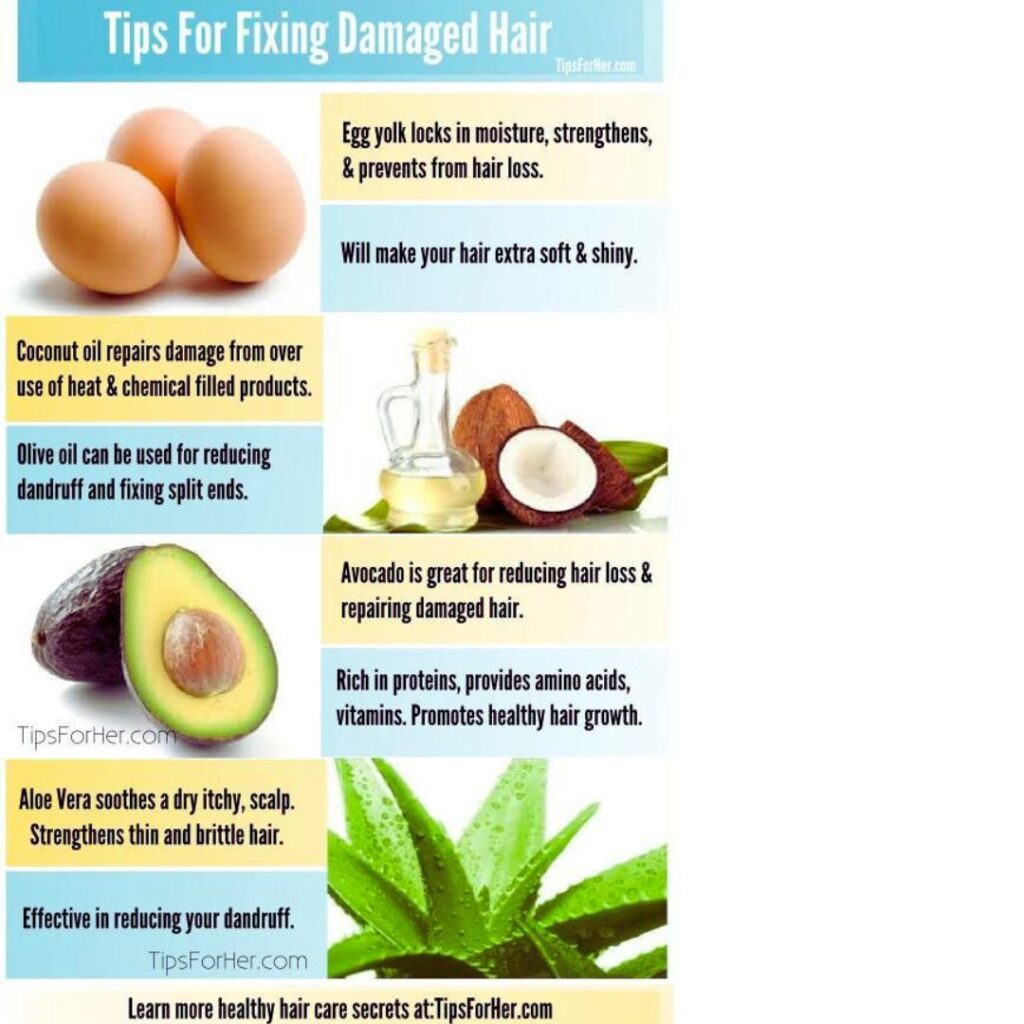
Hair Loss Prevention Tips (Best Treatment For Hair)
- Nutrition
. Eat a protein-rich diet: Eggs, nuts, beans, dairy, fish.
. Include iron, zinc, and biotin: Leafy greens, whole grains, bananas, avocados.
. Stay hydrated and avoid crash diets.
2. Hair Care Practices
. Avoid tight ponytails, braids, or buns that pull on roots.
. Use sulfate-free shampoos and mild cleansers.
. Limit heat styling, harsh dyes, and frequent chemical treatments.
3. Scalp Health
. Keep scalp clean and exfoliated.
. Massage regularly with natural oils to improve blood circulation.
4. Lifestyle
. Manage stress via meditation, yoga, or therapy.
. Get adequate sleep (7-8 hours) daily.
. Quit smoking and limit alcohol.
When to see a Doctor? (Best Treatment For Hair)
. Sudden, patchy hair loss
. Hair falling out in clumps
. Itchy, inflamed, or scaly scalp
. Hair loss after new medications or major illness
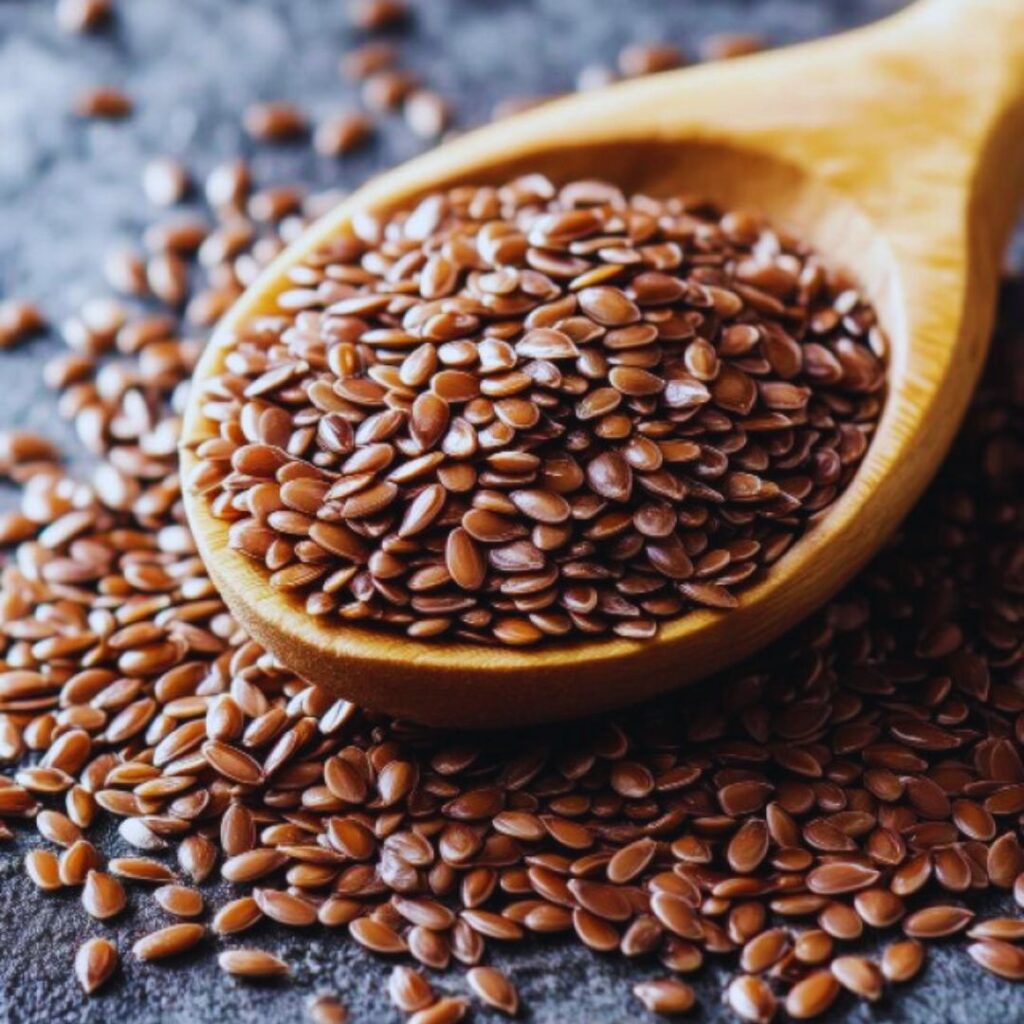
FAQS About Hair Loss (Best Treatment For Hair)
Q1: Can hair loss be reversed?
Ans: Depends on the cause. Genetic hair loss is manageable, not fully reversible. Hair loss from stress or poor diet is often reversible.
Q2. Is daily hair fall normal?
Ans: Yes. Losing 50-100 strands a day is normal.
Q3: Can biotin help with hair loss?
Ans: Biotin helps if the hair loss is due to deficiency. No extra benefit if your levels are normal.
Q4: Do hair oils stop hair loss?
Ans: Oils improve scalp health and reduce breakage but can’t stop genetic hair loss.
Conclusion (Best Treatment For Hair)
Hair loss can be emotionally distressing. but early detection and consistent treatment can make a big difference. A mix of medical treatment, proper nutrition, stress control, and gentle hair care is often the best approach.
